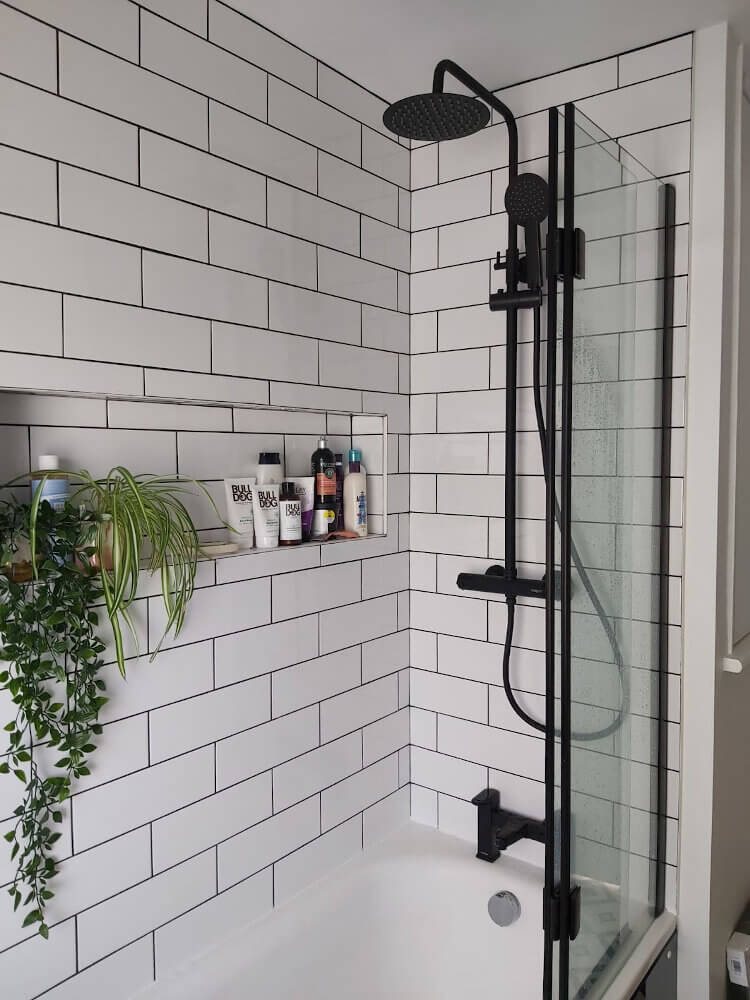Crucial Bathroom Plumbing Advice for Beginners
Crucial Bathroom Plumbing Advice for Beginners
Blog Article
What're your thoughts and feelings on Essential DIY Bathroom Plumbing Tips Every Homeowner?

For new property owners, understanding and maintaining bathroom pipes can save both time and money by avoiding expensive problems down the line. Right here are some crucial restroom pipes suggestions to assist you keep everything running smoothly.
Acquaint Yourself with the Main Shut-Off Shutoff
Recognizing where the main water shut-off shutoff is located in your home is important. This permits you to promptly shut off the water system in case of significant leaks or throughout pipes emergency situations, stopping extensive water damage.
Frequently Check for Leaks
Little leakages can cause big troubles. Frequently examine under sinks, around commodes, and near plumbing components for any indications of leakages. Look for wetness, tiny drips, or corrosion. Capturing and fixing leaks early can protect against a lot more significant damage and conserve water.
Don't Disregard Slow Drains Pipes
If your sink or tub is draining slowly, it's typically an indicator of a blockage creating. Addressing this early can stop a total obstruction. Use a plunger or a plumbing professional's serpent to clean out particles. Avoid making use of chemical drain cleaners as they can harm your pipes over time.
Know What Not to Flush
Bathrooms are not waste disposal unit. Prevent flushing anything besides toilet paper and human waste. Items like wipes, feminine health products, and cotton swabs need to be disposed of in the garbage to avoid clogs and sewer backups.
Set Up Strainers in Drains
Place filters in your sink and bath tub drains to catch hair and other debris before they enter your plumbing system. Cleansing the filters regularly will assist stop accumulation and maintain water moving openly.
Preserve Your Water Heater
Ensure your water heater is readied to a suitable temperature level (normally around 120 degrees Fahrenheit) to prevent hot and decrease power usage. Flush the tank each year to eliminate sediment build-up, which can lower the performance and life-span of your heater.
Upgrade Your Components
If your home has older components, take into consideration upgrading to extra efficient designs. Modern bathrooms, showerheads, and taps are designed to utilize less water while providing excellent pressure, which can substantially reduce your water bill and environmental footprint.
Be Cautious with Do It Yourself Pipes Repairs
While it's tempting to handle all home repair services on your own, beware with plumbing. Some issues may need expert experience, particularly if they include main water lines or sewer repair work. Hiring a professional can often be a lot more economical than DIY, especially if it stops additional damages.
Get Ready For Winter
Safeguard your pipelines from freezing during winter by shielding pipelines in unheated areas like basements, attic rooms, and garages. During severe cold, allow cold water drip from taps offered by exposed pipes to aid prevent freezing.
Set Up Normal Maintenance
Consider organizing yearly assessments with an accredited plumber. They can identify concerns that you might miss, such as concealed leakages or damage on pipes and fixtures. Normal upkeep aids expand the life of your pipes system and can avoid emergency situations.
Final thought
Comprehending and maintaining your home's bathroom plumbing can avoid lots of common problems. By complying with these necessary tips, you can guarantee your restroom continues to be practical and reliable, saving you time and money over time.
Essential Plumbing Tips for Homeowners: Keep Your Pipes Flowing Smoothly
As a homeowner, understanding the basics of your plumbing system can save you time, money, and a lot of headaches. Plumbing issues can range from minor annoyances like dripping faucets to major problems like burst pipes that cause significant damage. This guide provides essential tips to help you maintain your plumbing system and tackle common issues.
Understanding Your Plumbing System
Supply System: Brings fresh water into your home from a municipal source or a well. Drain-Waste-Vent System: Removes wastewater and vents sewer gases outside. Fixtures and Appliances: Includes sinks, toilets, showers, dishwashers, and washing machines. Basic Maintenance Tips
Regular Inspections: Periodically check for leaks, corrosion, and other signs of wear and tear. Look under sinks, around toilets, and near water heaters. Know Your Main Shut-Off Valve: In case of a major leak, you’ll need to shut off the water quickly. Ensure everyone in your household knows where the main shut-off valve is located. Prevent Frozen Pipes: In cold climates, insulate exposed pipes and let faucets drip during extreme cold to prevent freezing. Use Strainers: Install strainers in sinks and tubs to catch hair, food particles, and other debris that can cause clogs. Common Plumbing Issues and Solutions
Clogged Drains:
Prevention: Avoid pouring grease down the drain and use drain screens to catch debris. DIY Fix: Use a plunger or a plumbing snake to clear minor clogs. For stubborn clogs, a mixture of baking soda and vinegar can sometimes help. Leaky Faucets:
Prevention: Replace washers and seals regularly. DIY Fix: Turn off the water supply, disassemble the faucet, and replace worn parts.

Get Offer Report this page